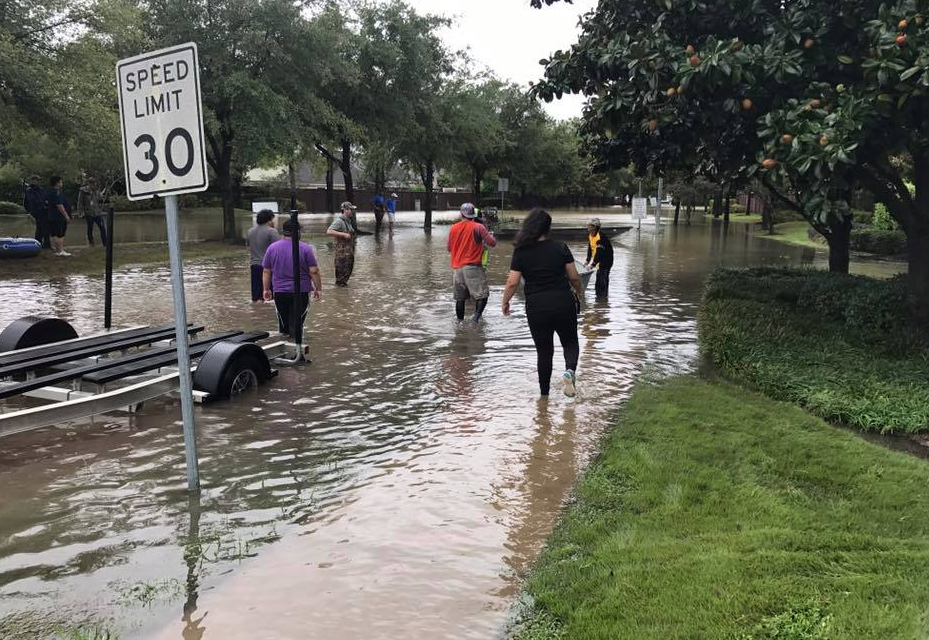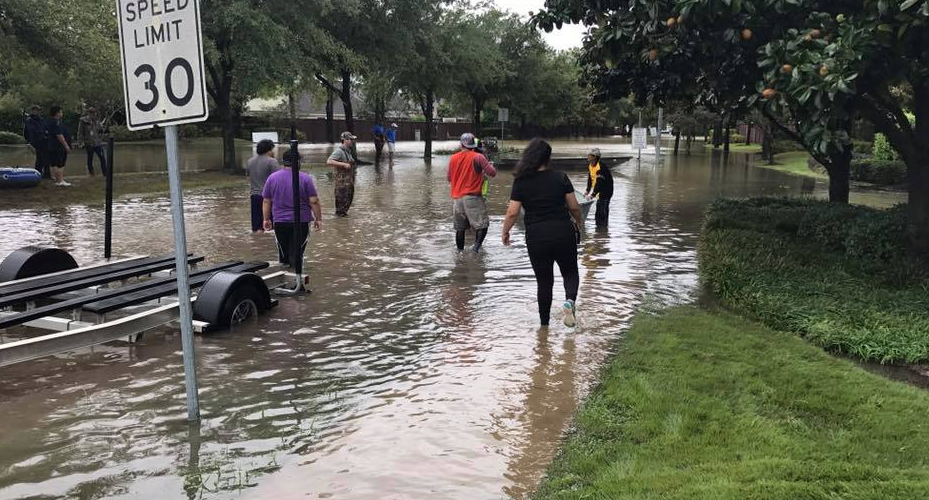
This opinion column originally appeared in the Houston Chronicle
Americans are a generous people. We consistently rank near the top of the World Giving Index’s scorecard for donating money, volunteering, and helping strangers. In the aftermath of Hurricane Harvey, we stepped up once again. We volunteered at shelters, we rescued strangers, and we gave and are giving money. The Center for Disaster Philanthropy, relying on Foundation Center data, reports that foundations across the country have committed $305 million to Harvey relief. Locally, we know that the fund created by Houston Mayor Sylvester Turner and Harris County Judge Ed Emmett holds approximately $80 million; Michael and Susan Dell’s Rebuild Texas Fund has over $70 million; and JJ Watt’s fund has raised close to $40 million. Donations to umbrella organizations like Red Cross and United Way are increasing, as are donations to charities large and small. Each donation is a reflection of the spirit of our community.
As so many dig deep to help others, we must ask those will be distributing resources how they will make their decisions. How do they know who needs what? How do they know the best ways to meet those needs? Are they coordinating with others, or taking account of other available resources? And how will they be accountable to donors and the community? Lest you think I’m being a spoilsport, just enter “Katrina wasted money” into your search engine. We can do better this time—if we insist on data-driven decision-making and full accountability by decision-makers. I offer the following suggestions for those in the drivers’ seats.
First, be clear on your purpose. Who are the people you want to help? Are you trying to provide relief to cover immediate needs such as replacement of lost homes, furnishing, and vehicles? Do you want to help people recover and move forward with their lives over the next several months? Or are you interested in long-term investments in people or communities? While the short- and medium-term needs are great, the greatest investment we can make in people or communities requires a long-term view.
Second, search for and analyze data before you make disbursement decisions. The kinds of things you should understand include where and who sustained what kinds of losses; the needs and desires of the people; and the availability of other resources including government funding to address those needs.
This isn’t glamorous work, but it is essential to good decision making, and should not be disregarded out of an emotional sense of urgency. Those with experience in post-disaster philanthropy say that information is the key to good disaster grantmaking, and they warn against the desire to invest quickly, which can work against investing well. The Episcopal Health Foundation, where I serve as President, believes so strongly in the importance of data-informed grantmaking that we have committed our first $500,000 in Harvey recovery to providing “rapid response” data for the affected region in Texas so that we and others can make good decisions. We developed an interactive map with layers of information about Harvey-affected counties. The information includes FEMA property damage assessments combined with the Center for Disease Control’s social vulnerability index data that explains the resilience of communities when faced by stressors such as natural disasters. We are also partnering with the Kaiser Family Foundation to conduct an in-depth survey of the affected region in Texas to identify the experiences, challenges, and needs of the affected population. We will be able to stratify the data by area, income, race/ethnicity and other factors so that we can highlight the most vulnerable populations with the greatest needs and fewest resources. We hope to publish our results in early December.
Finally, I urge those disbursing these many millions of dollars to be transparent and accountable to the affected communities and to the public regarding their decision-making and distributions. Each fund that has raised money from the public should, at a minimum, post updated information on its website at least weekly, including the amount of funds raised, the names of the people making decisions about the use of the funds, the criteria for use of the funds, and the distribution of funds. Donors from around the world have contributed to Hurricane Harvey relief efforts, because they want to help where help is needed most. We owe it to ourselves to ensure that their trust is not breached.
